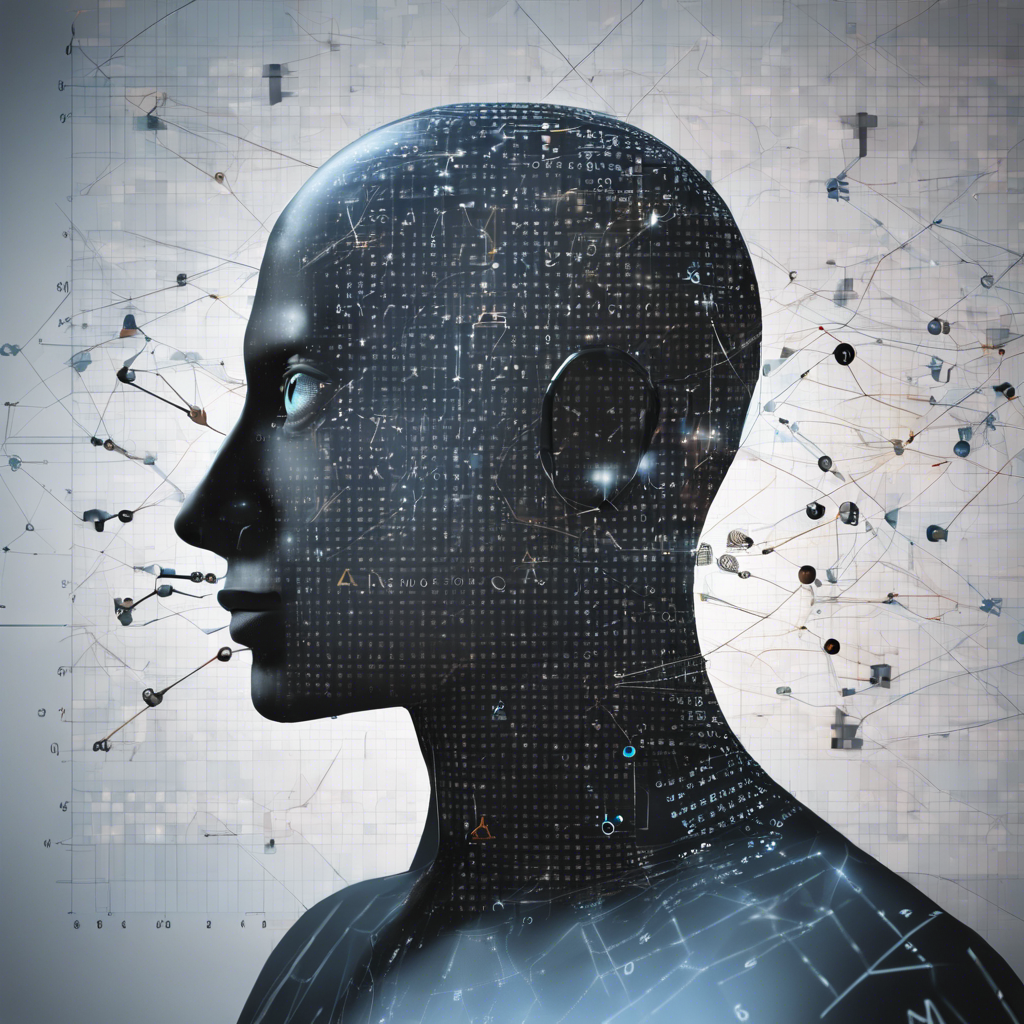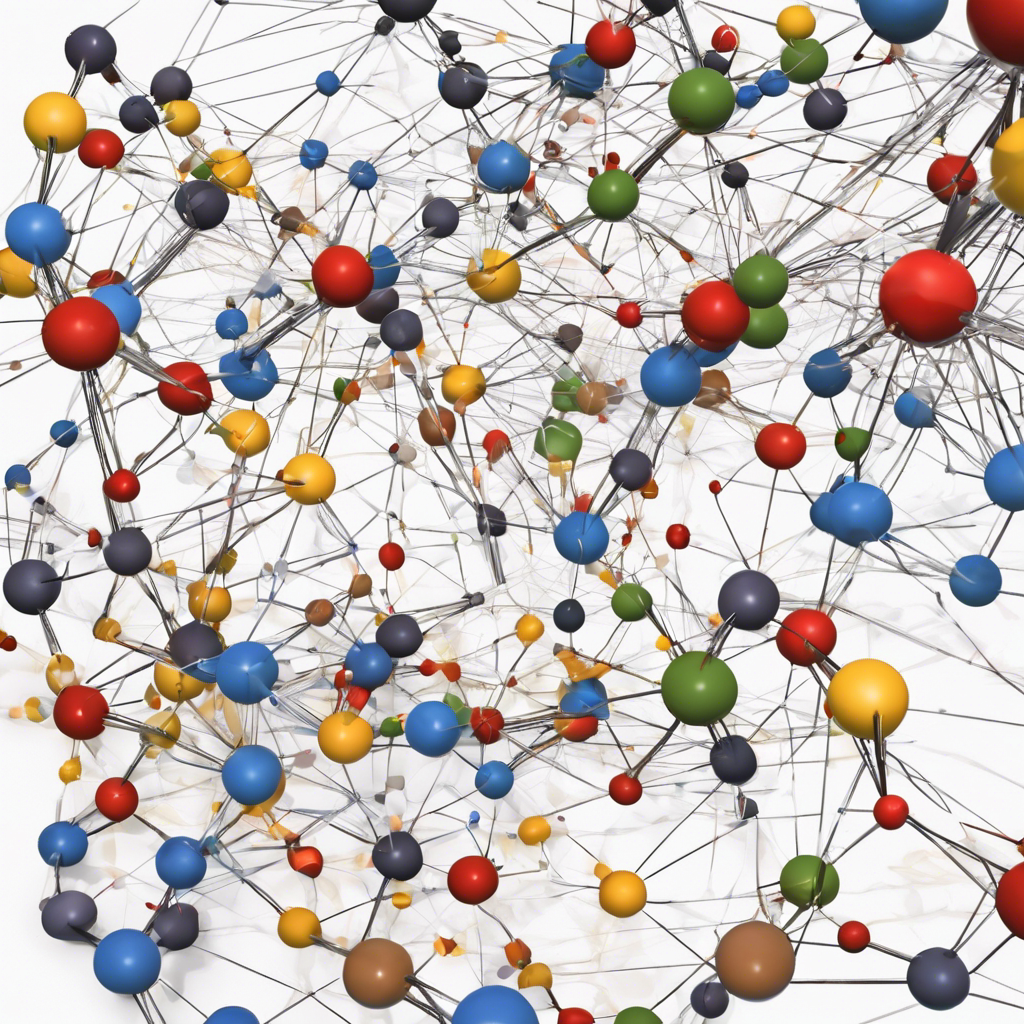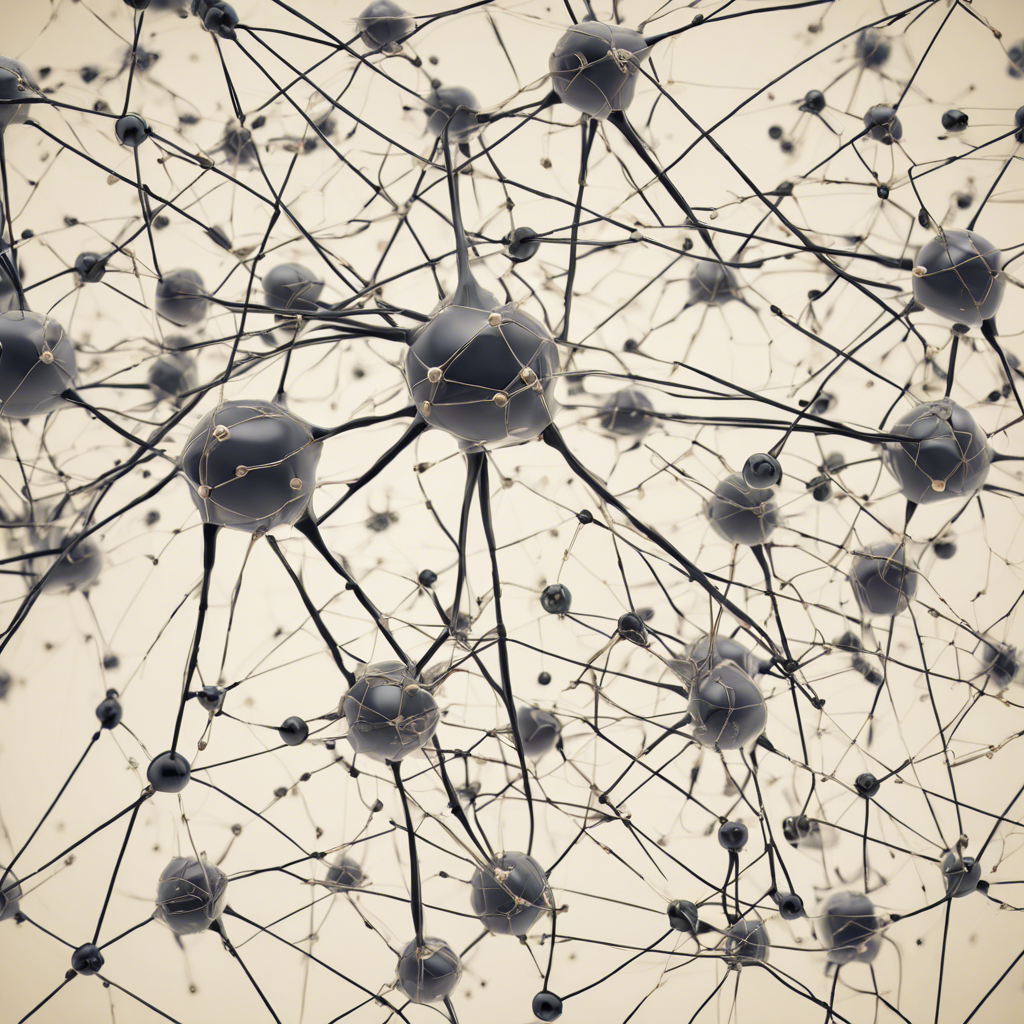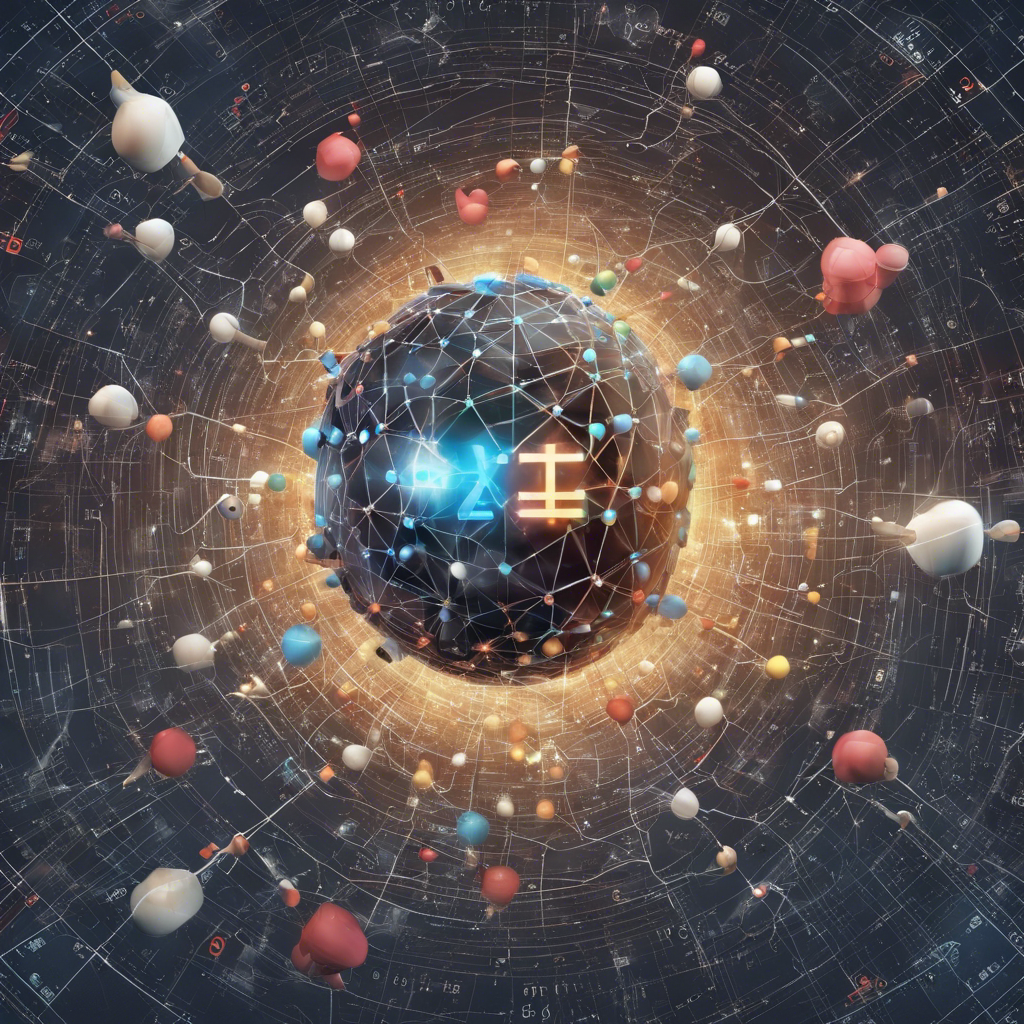The recent developments at OpenAI and the emergence of the Q* algorithm have reignited discussions on the intersection of artificial intelligence (AI) and mathematics.
The recent controversy surrounding the hiring and subsequent rehiring of Sam Altman by OpenAI has brought the spotlight back on the development and use of AI. One intriguing aspect that has emerged from this incident is the role of AI systems in mathematical reasoning. While computers and calculators have long been able to perform mathematical tasks, the ability of AI systems to reason mathematically has been a topic of debate. This article delves into the significance of AI’s relationship with mathematics, focusing on OpenAI’s Q* algorithm and its potential breakthrough in mathematical reasoning.
The Patchwork of AI and Mathematics
AI is a diverse field composed of various strategies for performing computation without direct human instruction. While some AI systems exhibit competence in mathematics, others, like large language models (LLMs), have struggled to emulate mathematical reasoning. LLMs, such as OpenAI’s ChatGPT, have primarily focused on language, making mathematical reasoning a challenge. However, the emergence of the Q* algorithm has sparked interest due to its potential to solve unseen mathematical problems.
The Significance of Mathematics in AI
Mathematics serves as the foundation of AI, with many AI algorithms relying on mathematical concepts like matrix algebra. Even LLMs, inherently mathematical in nature, can generate text that appears to understand mathematics. However, the issue lies in the lack of detail and the inability to deduce new mathematical statements accurately. Mathematical reasoning requires logical deduction, which linguistic probabilities alone cannot provide. Incorporating formal verification systems into AI architectures could address this limitation.
Challenges in Building Mathematically Competent AIs
Building AI systems capable of mathematical reasoning poses several challenges. Highly unlikely events and the need for creativity in mathematical research make it difficult to incorporate into machines. Additionally, AI methodologies trained solely on pre-existing mathematics may struggle to create genuinely new mathematical concepts. This limitation could hinder the conception of new technological revolutions that often stem from the intersection of mathematics and technology.
The Potential of Q* Algorithm
While the details of the Q* algorithm and its capabilities are limited, its potential breakthrough in mathematical reasoning is highly intriguing. The level of mathematics that Q* is competent at remains uncertain, but previous academic work utilizing alternative forms of AI has demonstrated competence in research-level mathematics. The significance of Q* lies not only in its mathematical capabilities but also in the possibilities it opens up for future development.
Conclusion:
The recent developments at OpenAI and the emergence of the Q* algorithm have shed light on the relationship between AI and mathematics. While AI systems have struggled with mathematical reasoning in the past, the potential breakthrough of Q* offers new possibilities. Mathematics plays a crucial role in AI and society, with mathematical reasoning being a vital transferable skill. Incorporating formal verification systems and fostering creativity in AI could lead to further advancements in mathematical reasoning. As AI continues to evolve, the intersection of AI and mathematics holds immense potential for the future.











